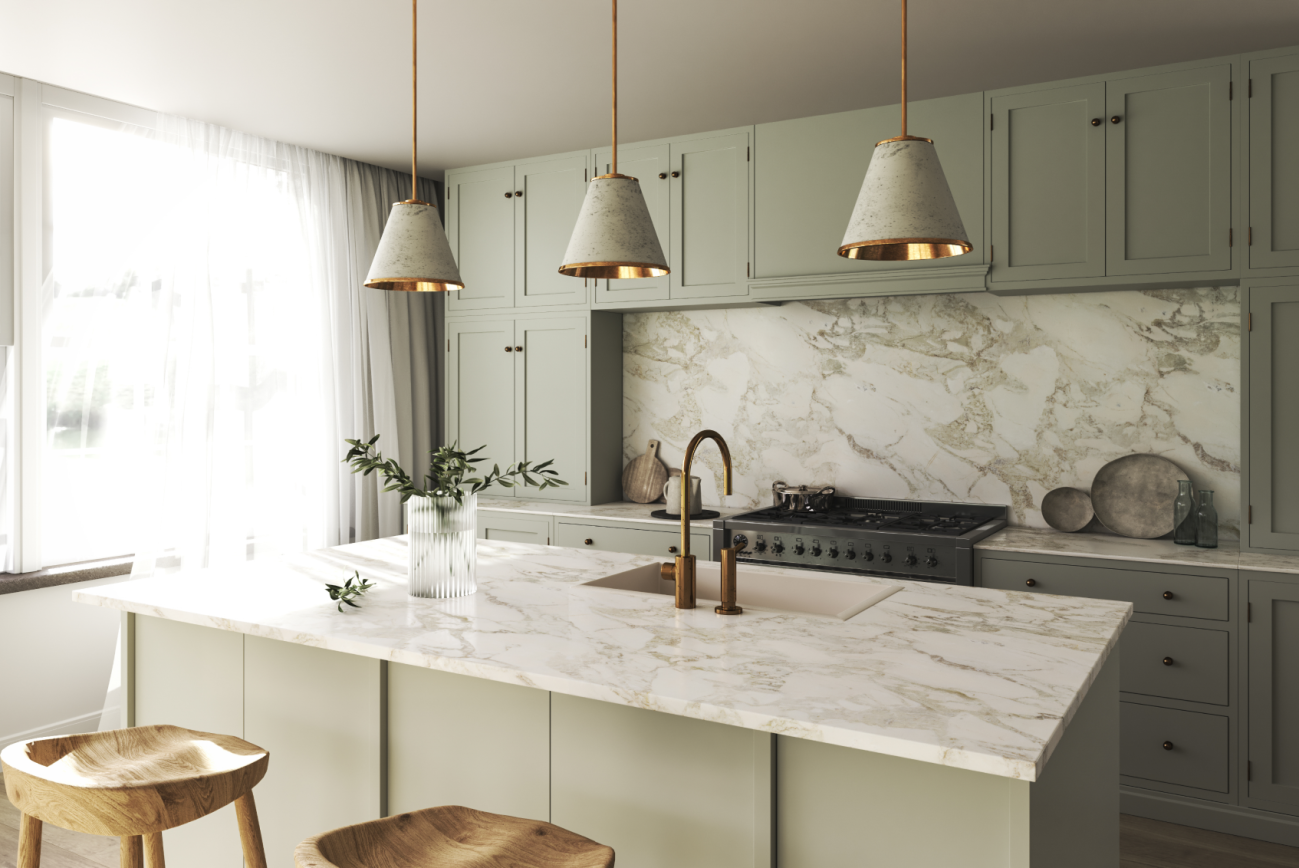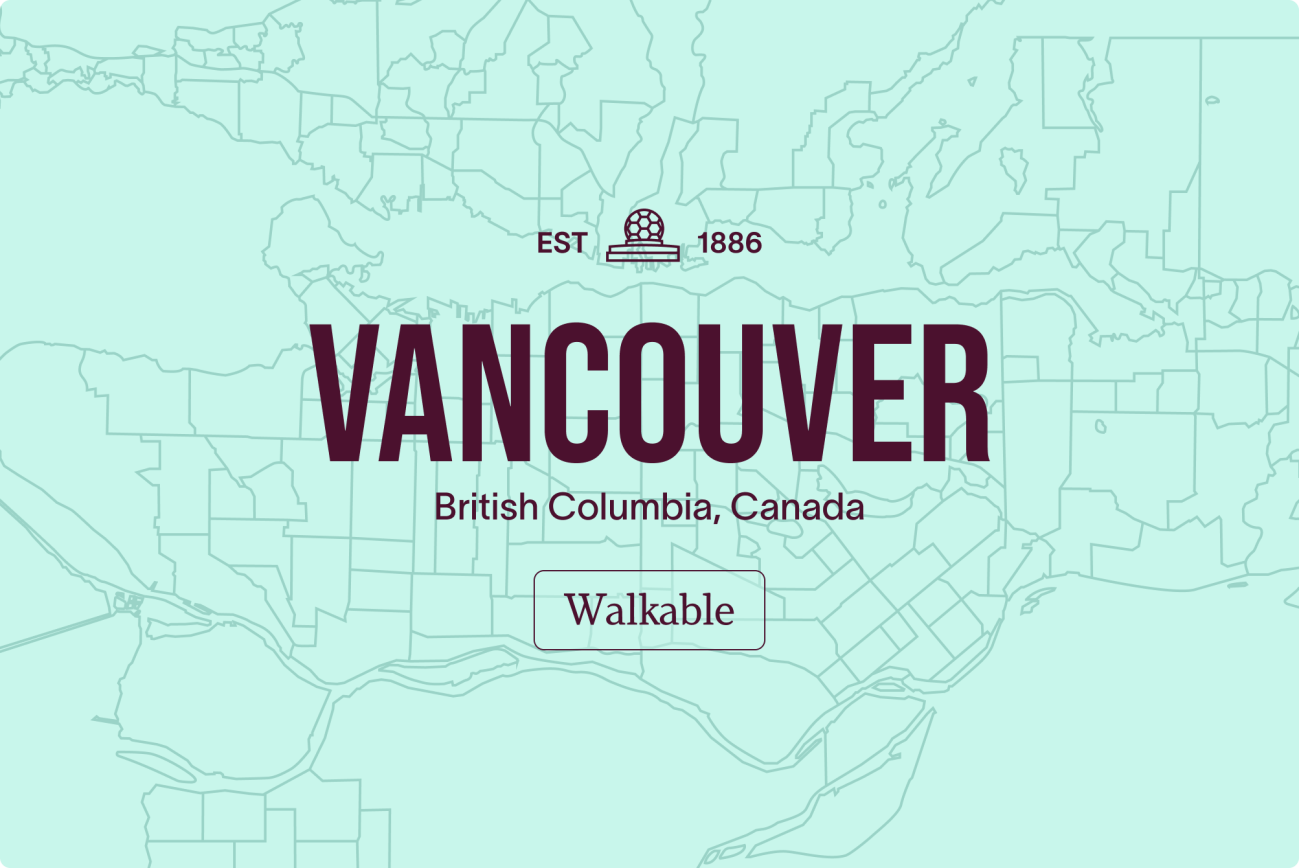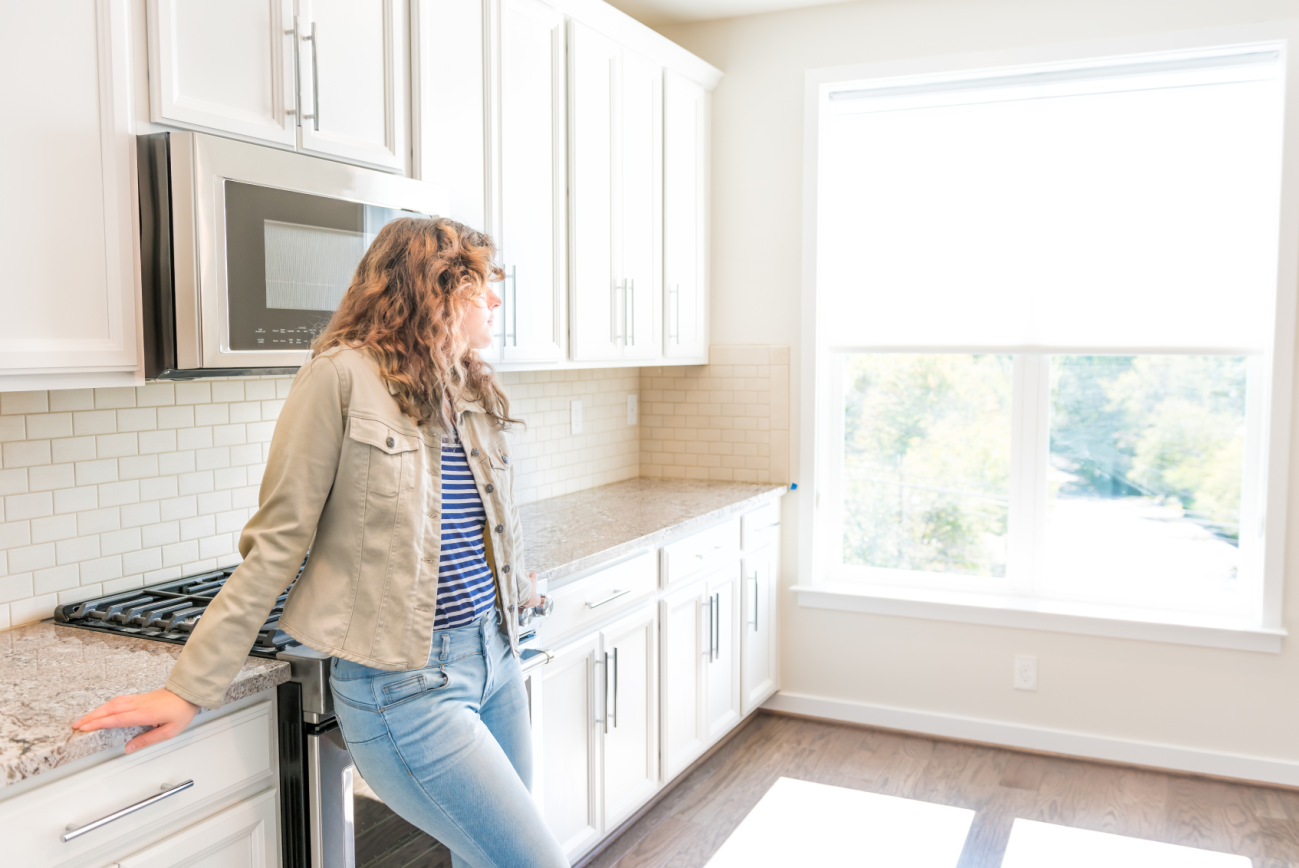If you’re searching for your next home, you’ve likely started narrowing in on the home features you care about most. However, before you commit to your non-negotiables, make sure you know which features could be adding zeros to the price, but zero benefit to your potential future in the home. That’s because certain aspects of the home may look good on the surface, but could significantly overinflate the asking price. In some cases, it may be more cost-effective to go for a cheaper home and make the upgrades later yourself. Not only could this save you money, but it also means that you get to make changes that fit your tastes and needs. In a competitive seller’s market, it’s especially important to know how to spot these “new and shiny” features so you can weigh up the cost and benefit.
1. Curb appeal and landscaping
Most sellers will do their best to present their home in its best light, especially when it comes to influencing buyers’ first impression of the house. Oftentimes, this means beautiful landscaping, tidy flowerbeds or perfect pavers.
However, try to avoid assumptions about the inside of the home based on its curb appeal, alone. A manicured lawn and some strategically placed plants can be a low-cost strategy used by sellers to make a home look more polished than it really is. Equally, try to keep an open mind if a home doesn’t look its best from the outside because there are usually some fairly cheap steps you can take to spruce it up.
If you see a home with a lot of outdoor space, you should also assess whether you are willing to invest the time, effort and cost into maintaining it. If it feels like something you don’t want to do, then it’s probably not worth spending the extra money it will have undoubtedly added to the asking price.
2. High-end kitchen appliances
They say that the kitchen is the heart of the home, so it’s easy to be captured by the allure of a luxurious cooking space with high-end appliances. Most people need a functional kitchen, but the usefulness of premium appliances, like a steam oven for example, is probably limited to chefs—and even then it’s a luxury. When you’re looking at homes, it’s important to assess the necessity of top-end finishes and appliances based on your cooking habits and lifestyle. While you likely don’t want to have to repair or replace appliances as soon as you’ve moved in, you also don’t want to fork over extra cash for fancy appliances or gadgets you will never use. That cooktop pot-filler might seem like a wonderful convenience, but would you miss it if it wasn’t there? Probably not.
3. Beautiful countertops and high-end finishes
The choice of beautiful countertops is almost limitless these days. Homeowners and developers will often spend thousands of dollars on granite, quartz or marble countertops to add a high-end finish to kitchens or bathrooms. While it may look stunning, it could be adding a significant amount to the home’s price tag. Remember that countertops are a surface-level luxury, so if you’re looking to keep your budget down you might prioritize substance over style. For example, it may be more important to you that there’s ample cabinet space or a large island with a bar, rather than a small amount of marble countertop. You should also consider the layout of the space and assess whether it will work for you.
4. Smart home technology
Smart home technology, which allows you to manage and control your home systems, like lights or media devices from an app at the touch of a button, is becoming increasingly popular, but is it worth the investment? In new build homes smart home technology will oftentimes come as part of the package. In older homes, the technology will likely have been added at a later date, so you want to make sure it has been properly installed and works as stated. Depending on the extent of the system it can cost anywhere from a few hundred dollars to thousands of dollars to install. But the value this adds to the home comes down to personal preference. If it’s something you feel is important to you then you may consider adding it yourself at a later date.
5. High-end flooring
The right flooring can completely transform a space and set the tone of the home. For this reason, new flooring is often considered to offer some of the best returns on investment for homeowners for both standard of living and resale. Hardwood floors have long been a popular choice for buyers because of the look and durability that they offer.
The impact of the right flooring is undoubtedly important, but you should weigh up the cost against your own needs and preferences. Perhaps it’s important to you that there are carpets in the bedrooms, so it’s warm underfoot on a cold day. Or maybe the convenience of vinyl is most appealing for you and your pets. You might love the look of luxurious stone, but don’t want to pay for frequent resealing. No matter your preference, before you sign on a home, make sure you’ve taken a moment to look down and assess how the flooring might be impacting the sale price and your future in the home.
6. Primary suite upgrades
When making an investment as big as a home, it can be tempting to fall for the allure of a luxurious primary suite with features like a walk-in closet or a spa-style bathroom. But a large primary can cost you both space and money, so it really comes down to your priorities and lifestyle. Weigh up whether the space and your budget could be better used elsewhere. A walk-in closet might make you feel like a celebrity each morning, but there are lots of in-suite custom closet options that could function just as well, minus the expensive price tag of a walk-in. You could also buy yourself some extra room for a home office or laundry room.
7. Finished basements or attics
Some homes will have finished basement or attic spaces to make the most of the square footage, which can add significant value to a home. But before you spend the extra dollars, make sure you consider the functionality of the space and how much you will be realistically able to benefit from it. Is the attic usable space where you could set up a desk, for example? Or is it going to be an alternative storage area that you may not need?
8. Swimming pools and outdoor amenities
You might love the idea of your own swimming pool or outdoor kitchen, but before you spend more money than you need, think about the ROI. Your first point of consideration could be as simple as considering the weather. How often can you realistically predict that you’ll be able to enjoy your outdoor amenities based on the climate, remembering that these features will cost you year-round. In addition to the maintenance costs, you’ll also have to factor in your time. Your own outdoor space can be a welcome refuge, but you may decide that a home located in an area with access to parks or trails might be more cost-effective and convenient.
9. Exterior upgrades and additions
If you’re looking for a middle ground in terms of having your own outdoor space then exterior upgrades like patios, decks or gazebos can be a good option, although you will likely pay a premium for them. While the maintenance costs won’t be as high as having your own swimming pool, it is still worthwhile assessing your potential cost per use. If you think it fits with your lifestyle and you’ll use your outdoor space like an additional room, then it may be well worth the investment. However, if you’re not going to get the benefit from it then it may be more wise to invest in a home with either more indoor space, shared outdoor space or in an alternative location with easy access to parks or trails.
10. Customization and personalization
If you’re buying a new-build home, you may get the option to personalize it to your tastes. You may even consider this one of the benefits of paying top dollar for a new build. However, unless you intend to live in the home forever, you should think about how any customized features could impact its resale value.
In the shorter term, you should also consider how your own needs may change as you live there. For example, a dedicated mud room might feel like a good use of space now, while the kids are young, but in a few years would you rather have a home office space or a larger kitchen?
11. Additional bedrooms and bathrooms
Additional bedrooms and bathrooms can have a significant impact on home prices. If you’re looking for a home that’s going to be big enough for your growing family, then you may need the extra space. However, if you’re considering an extra bedroom for your friends or family, who may or may not stay a couple of times per year, then you might want to reassess its importance. Not only could the extra space cost you more at the outset, but additional rooms mean more maintenance, more furniture and more money.
To determine if it makes financial sense to add the extra square footage, you should evaluate it from a practical standpoint, not only for your own personal use as you live in the home, but also from a resale perspective. If the demographic of the area you’re looking in is mainly families, then extra bedrooms and bathrooms could be a real advantage when it comes to selling. But in an area that’s mainly young professionals, for example, the location might be more important—and valuable—than the home’s size.
Home features that might be worth the investment
1. Energy-efficient features
Energy-efficient home features, like proper insulation or a new HVAC system, are becoming increasingly popular and for good reason. Not only can they offer more comfortable living, they also benefit the environment and can result in long-term cost savings on your energy bills. You can always add energy-efficient features at a later date, and they can increase the resale value of a home. If you’re looking for an energy-efficient home, then investing in a new-build may be your best option, but you will pay a premium for it. You can also talk to your real estate agent about resale homes that could be brought up to today’s energy efficiency standards. You’ll then have to weigh up the potential cost.
2. Home office space
Since the pandemic, the ability to work from home has become more important. While you could pay a premium for the extra square footage, it may be worth it if you work from home and it saves you time and money on a daily commute. You might also consider how the space could double up as an additional bedroom for personal use or resale purposes.
However, if your budget can’t stretch to buying more space and you don’t have an office to go to, then there are multiple workspaces or coffee shops you might consider as a workplace alternative.
3. Storage solutions
We all accumulate more stuff than we need, so ample and creative storage can be extremely valuable, especially if you’re buying a smaller space. Look for kitchen cabinetry that goes to the ceiling or built-in storage solutions that maximize the space. Some homes might come with storage space in the parking garage, which can be great for larger bulkier items (like skis!), which you don’t need to access all the time. The cost might be built into the sale price or an optional add-on. To determine if it’s worth the investment will be dependent on your location and how much stuff you have to store. It can be helpful to price out alternative storage solutions and weigh up the cost and practicality of having it located closer to home.
Evaluating resale value of home features
While it might seem far away, when you are buying a home and trying to determine which features are overvalued, you should always think about its potential resale value. Take note of your impressions of the homes as you search and think about how you might do things differently if you were a seller. You should also consider any upgrades or renovations you intend to do and how they could improve the home’s value. It can be helpful to look at local market trends to understand which features are likely to appeal to future buyers.
Consulting with real estate professionals
As always, if you’re finding it difficult to evaluate which home features are important and which to leave off your list, a real estate professional can be an invaluable source of insight. They know the local market inside and out and can guide you on which areas might align best with your budget and needs. They can also help you identify which features are worth the money, so you can take your next step with confidence.
Houseful is here to meet your home ownership needs
Whether you’re just starting out or ready to move in, Houseful offers personalized insights, intuitive tools and expert advice tailored specifically to you. Visit houseful.ca to see what’s out there for you.




